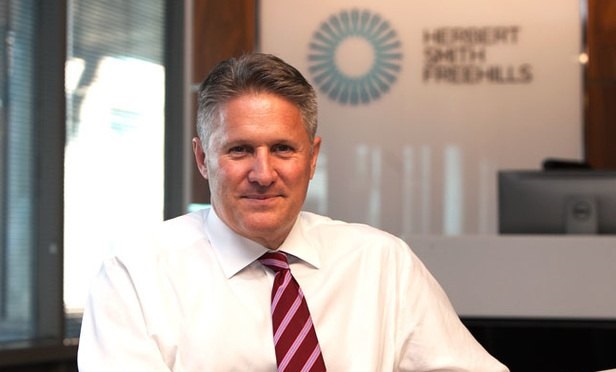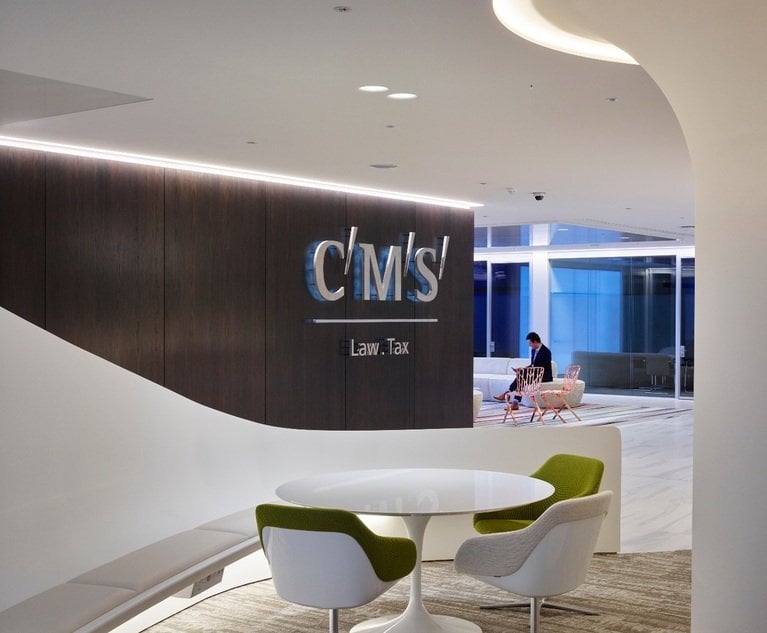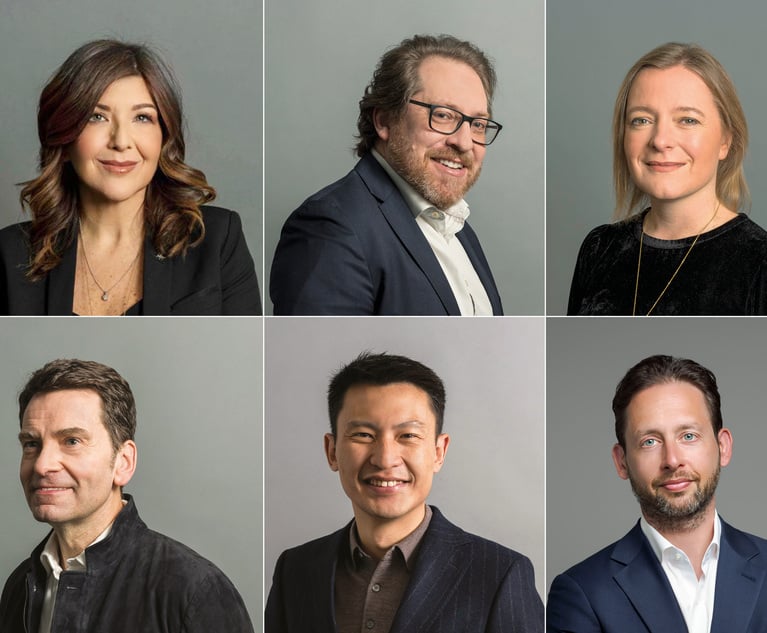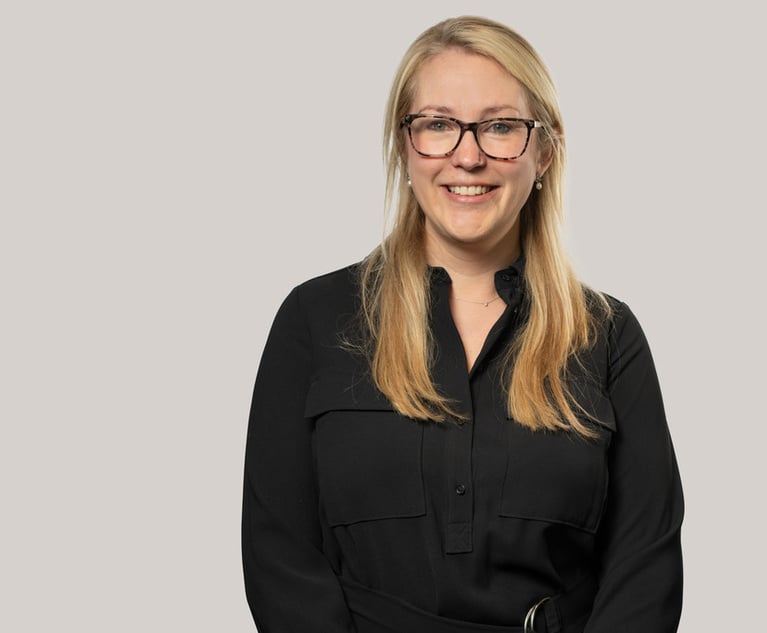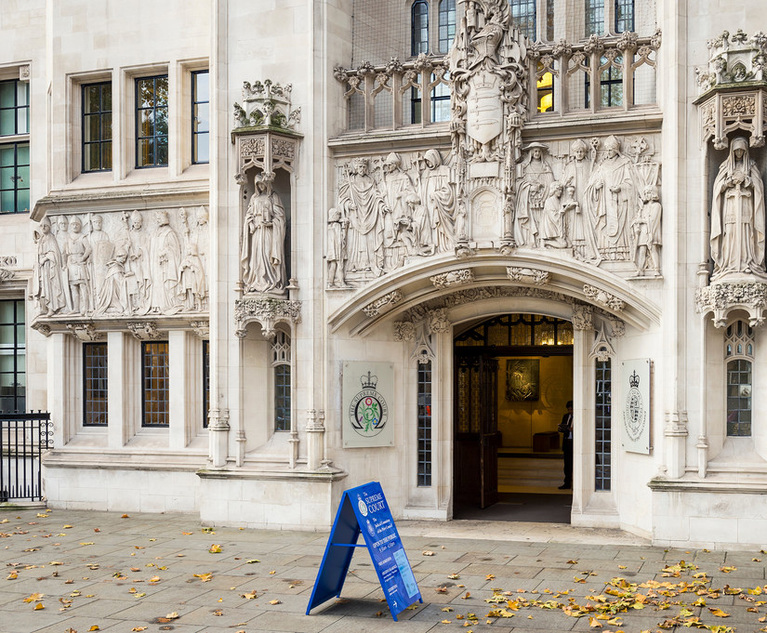Predicting the future can be a tall order, especially for lawyers that are trained to follow precedent when dispensing advice. The political and economic events of recent years have been hard to foresee and the ongoing impact of President Donald Trump and Brexit will make 2019 no less volatile or easier to navigate.
Yet one of the certainties about leading a global organisation is that change is going to happen. What guides me every day at Herbert Smith Freehills is the idea that tomorrow will not be the same as today. The pace of technological advance means our people need to be more responsive than ever in understanding innovation and how it can improve the service we offer our clients.

